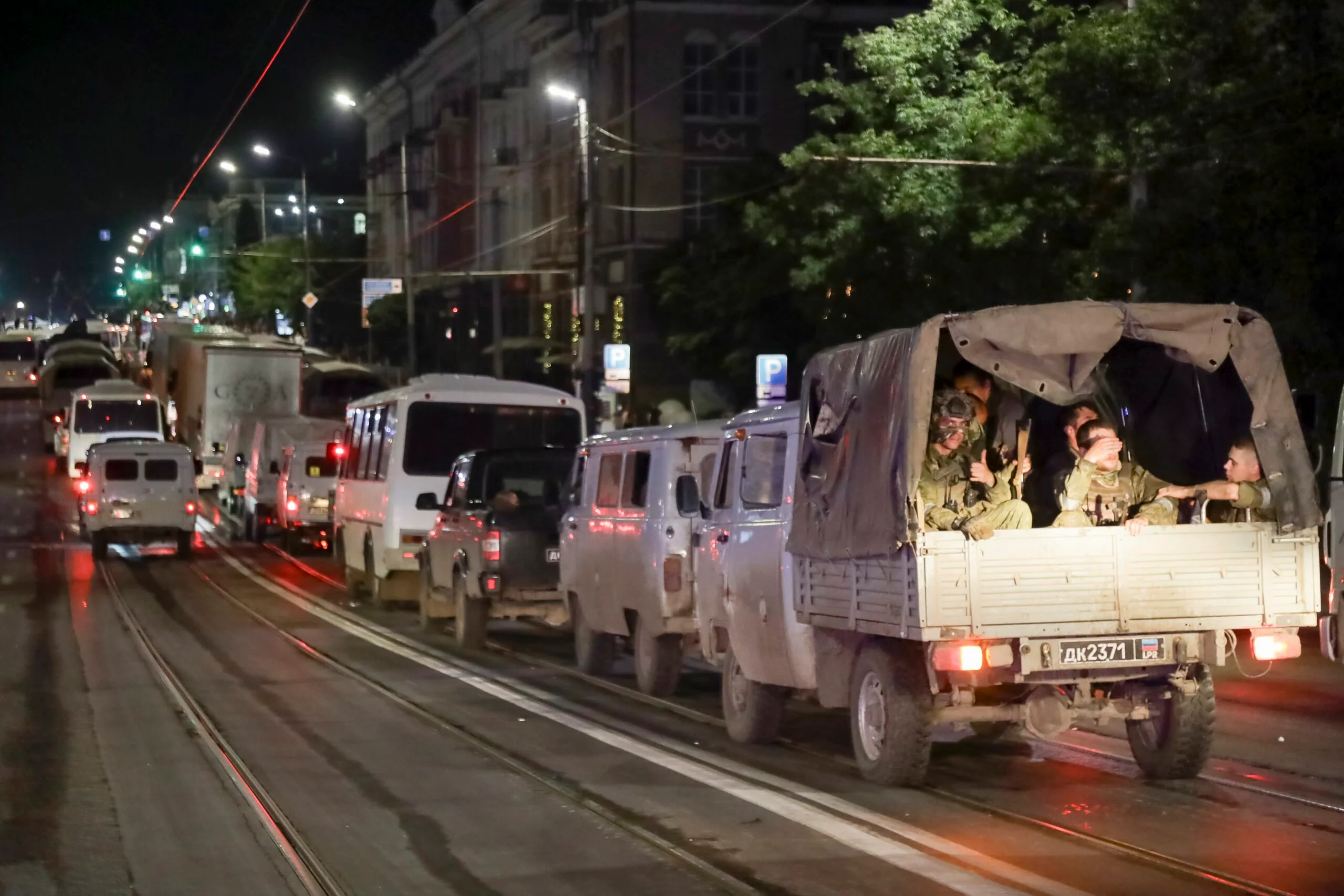Rostov-on-Don, a city located in the European part of Russia, has recently made headlines for a development far from its usual tourist attractions or football victories. Located about 100 km from Ukraine, it is one of the southern cities of Russia. Historically, Rostov-on-Don was captured by Austria and Germany in World War 1.
Why was it in news?
Russian President Vladimir Putin has vowed to suppress an armed mutiny that emerged when mercenary leader Yevgeny Prigozhin claimed control over Rostov-on-Don.
Advertisement
Members of the Wagner mercenary group, recognizable by their silver armbands and armed with assault rifles, had deployed across the city in tanks and armored vehicles. They announced their takeover of the military headquarters and declared their intention to march on Moscow. However, within a day, Wagner troops began leaving the city after their rebellion.
After engaging in discussions with Belarusian leader Alexander Lukashenko, Prigozhin played a crucial role in the unexpected de-escalation. Soon after, videos emerged on various online platforms, capturing the moment when Wagner troops began their departure from Rostov. Supporters bid farewell to their leader, expressing their support through cheers and handshakes.
Throughout the Ukraine campaign, Prigozhin had increasingly criticized Russia’s military leaders, accusing them of inaction, inefficiency, and a failure to provide sufficient ammunition to his forces.
As news spread of the group ending their mutiny, a gathering of Rostov-on-Don residents formed outside the military headquarters to express their support for Wagner, offering praise and admiration.
Rostov-on-Don holds significance not only due to recent events but also for its role as Russia’s second-largest grain-producing region and a crucial hub for grain exports through the Don river ports, connecting to the Sea of Azov. While the region is not a major energy producer, it is traversed by several significant oil and gas pipelines. It’s worth noting that Russia stands as the world’s second-largest oil exporter after Saudi Arabia.
Historically, the mouth of the Don River has held great importance since ancient times, serving as a vital cultural and trading hub. Rostov-on-Don itself was founded in 1749, further emphasizing the city’s rich historical background.











